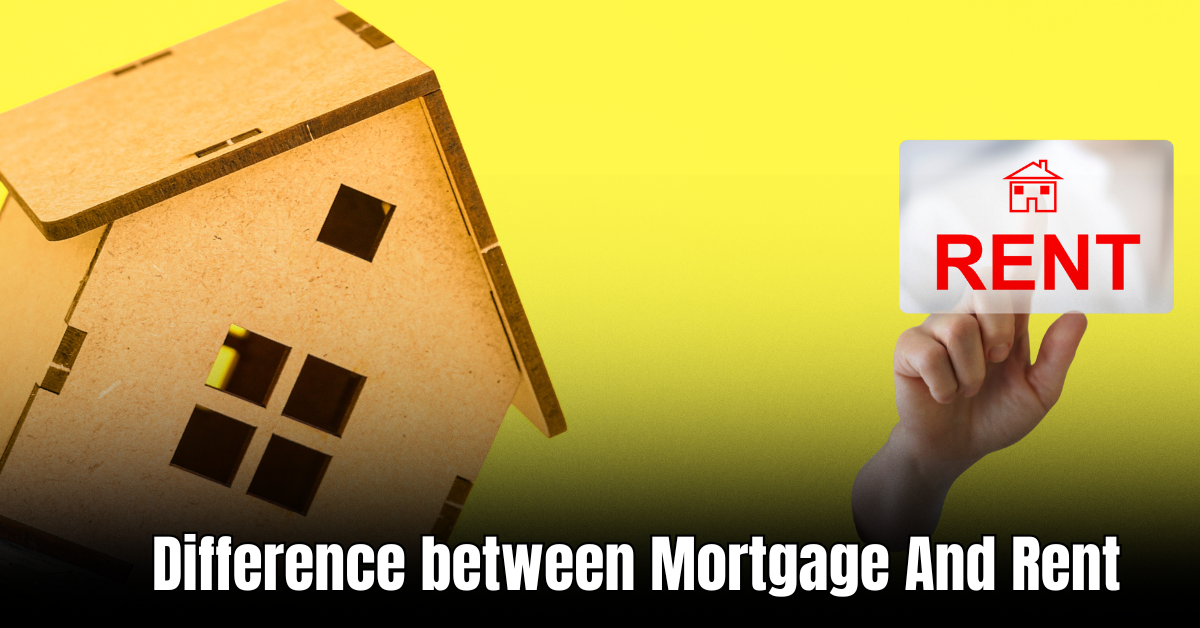Many people aspire to own their own homes, but the decision of whether to rent or buy is an important one. It’s crucial to understand the differences between a mortgage and rent before making this financial commitment.
Definition
| Mortgage | Rent |
|---|---|
| A mortgage is a loan obtained to purchase a property, typically with a fixed term and interest rate. | Rent is the payment made to a landlord for the use of a property without ownership. |
Ownership
One of the main differences between a mortgage and rent is ownership. With a mortgage, the borrower owns the property once the mortgage is fully paid off. On the other hand, when renting, the tenant does not own the property and is essentially paying for the right to use it for a specific period.
Financial Commitment
When taking out a mortgage, there is a significant financial commitment and responsibility. The borrower is responsible for the mortgage payments, property taxes, insurance, and maintenance costs. This level of commitment can be challenging, but it provides the benefit of building equity and potential appreciation in the property’s value.
Renting requires a smaller financial commitment as the tenant is not responsible for property taxes, insurance, and major maintenance costs. The landlord takes care of these expenses. However, the downside is that the tenant does not build equity or have the opportunity for property value appreciation.
Flexibility
Renting offers more flexibility, especially for those who may need to relocate frequently. Tenants have the freedom to change their living location by giving proper notice to the landlord. This flexibility is advantageous for individuals who are not ready to settle down or have uncertain plans.
With a mortgage, homeowners have less mobility as selling a property can take time and may involve additional costs, such as real estate agent fees and closing costs. Homeownership is ideal for individuals looking for long-term stability and investment.
Monthly Costs
When comparing monthly costs, renting may seem more affordable in the short term. Rent payments are typically fixed for a specific period, whereas mortgage payment amounts may change if there’s an adjustable interest rate or changes in property taxes.
On the other hand, mortgage payments contribute towards building equity, while rent payments provide temporary housing without any potential return on investment. It’s essential to weigh these factors before making a decision.
Tax Benefits
One significant advantage of homeownership is the ability to deduct mortgage interest and property taxes from income taxes. These tax benefits can help reduce the overall cost of owning a home. On the other hand, renters do not have these tax benefits.
Frequently Asked Questions: Of Difference Between Mortgage And Rent: Understanding Your Financial Options
What Are The Main Differences Between a Mortgage And Rent?
Owning a property is the main difference between a mortgage and rent. When you rent, you are paying for temporary occupancy, while a mortgage is a loan to purchase a property.
How Does The Monthly Cost Of Mortgage And Rent Compare?
Mortgage payments typically include the loan repayment and interest, while rent payments cover the cost of living in a property owned by someone else. The monthly cost can vary based on several factors such as location, property size, and market rates.
What Are The Long-term Financial Implications Of Mortgage Vs Rent?
With a mortgage, you build equity and may benefit from property appreciation, while renting does not offer these financial advantages. However, there are added responsibilities and costs associated with property ownership.
Are There Any Advantages To Renting Over Getting A Mortgage?
Renting offers flexibility and less financial responsibility compared to owning a property. Renters may have the option to move more easily and avoid costs related to property maintenance and repairs.
Conclusion
Deciding between a mortgage and rent is a personal choice that depends on various factors such as financial stability, long-term goals, and lifestyle preferences. Owning a home provides the opportunity to build equity and enjoy tax benefits. On the other hand, renting offers flexibility and a lower initial financial commitment. Ultimately, individuals must consider their circumstances and make an informed decision based on what aligns best with their needs and aspirations.
Ismail Hossain is the founder of Law Advised. He is an Divorce, Separation, marriage lawyer. Follow him.





Leave a Reply